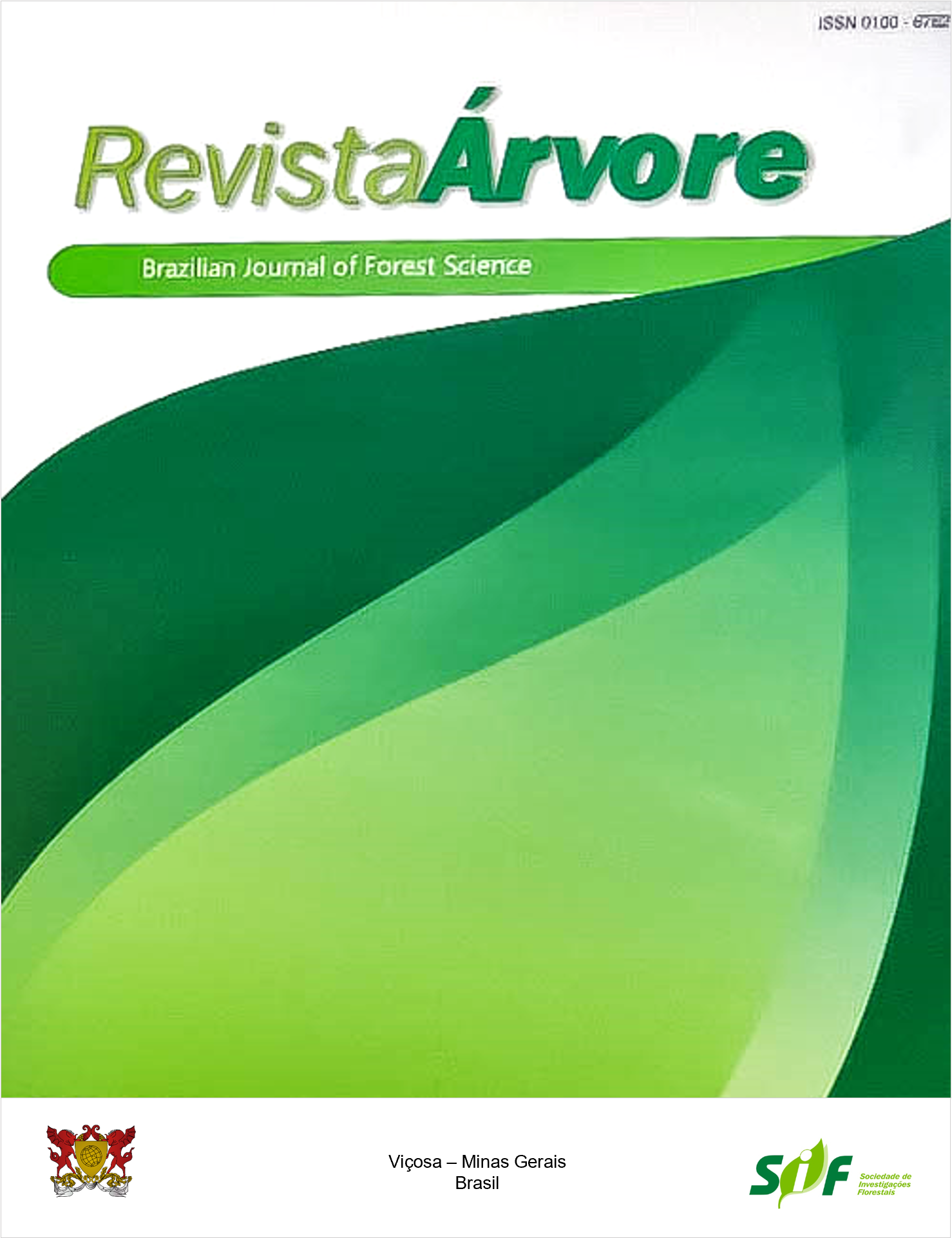SALICYLIC ACID AS A SALINE STRESS ATTENUATOR IN THE PHYSIOLOGICAL QUALITY OF Erythrina velutina SEEDS
Keywords:
Caatinga, Phytohormone, SalinityAbstract
Salinity is one of the problems that limit plant development, with the germination, growth, and initial establishment stages being the most sensitive to saline stress. Erythrina velutina, popularly known as “mulungu” in Brazil, is a species native to the Caatinga biome, which grows in conditions of soil rich in salts. The damage caused by salinity to the quality of its seeds and the use of techniques that mitigate such effects are little known. Thus, this work aimed to evaluate salicylic acid as a mitigator of saline stress in the physiological quality of mulungu seeds. The quality of two seed lots from two Brazilian states (L1: Mossoró, Rio Grande do Norte, and L2: Pentencostes, Ceará) was evaluated. A completely randomized design in a 2 (seed soaking with salicylic acid (SA) - distilled water and 1.0 mM SA) × 4 (electrical conductivity of irrigation water - ECw - 0.0, 3.0, 6.0 and 9.0 dS m-1) factorial scheme with four replications of 50 seeds each was used. Saline stress reduces the quality of mulungu seeds and seedlings. SA increases the vigor of the seeds, promoting improvements in germination under saline conditions.
Keywords: Caatinga; Phytohormone; Salinity
Downloads
Published
How to Cite
Issue
Section
License
Copyright (c) 2021 Revista Árvore

This work is licensed under a Creative Commons Attribution 4.0 International License.
All authors agreed to submit the work to Revista Árvore and granted the exclusive license to publish the article. The authors affirm that it is an original work and has not been previously published elsewhere. The scientific content and opinions expressed in the article are the sole responsibility of the authors and reflect their opinions, not necessarily representing the opinions of the editorial board of Revista Árvore or of the Society of Forest Investigations (SIF).




